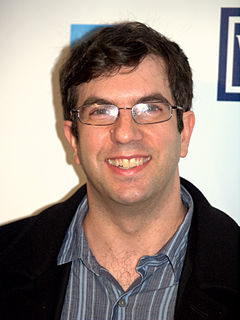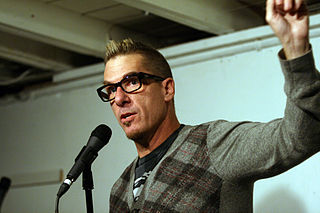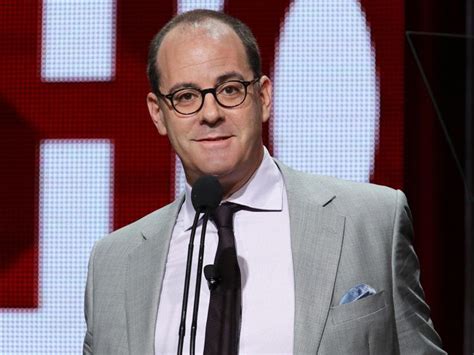A Quote by Paul Russo
Coping with rejection is an important skill to learn and understand when navigating the Art World. Rejection and disinterest is the rule, not the exception.
Related Quotes
I wanted to do the comic strip. I tried to get it syndicated, and I sent some examples to a syndication company, and they sent me a rejection letter! I wasn't smart enough at the time to realize you shouldn't let rejection letters stop you. I thought that rejection letter meant I was not allowed to be a cartoonist in this world, so I put the rejection letter down and said, well, I'll be a stand-up comedian.
It is not rejection itself that people fear, it is the possible consequences of rejection. Preparing to accept those consequences and viewing rejection as a learning experience that will bring you closer to success, will not only help you to conquer the fear of rejection, but help you to appreciate rejection itself.





































